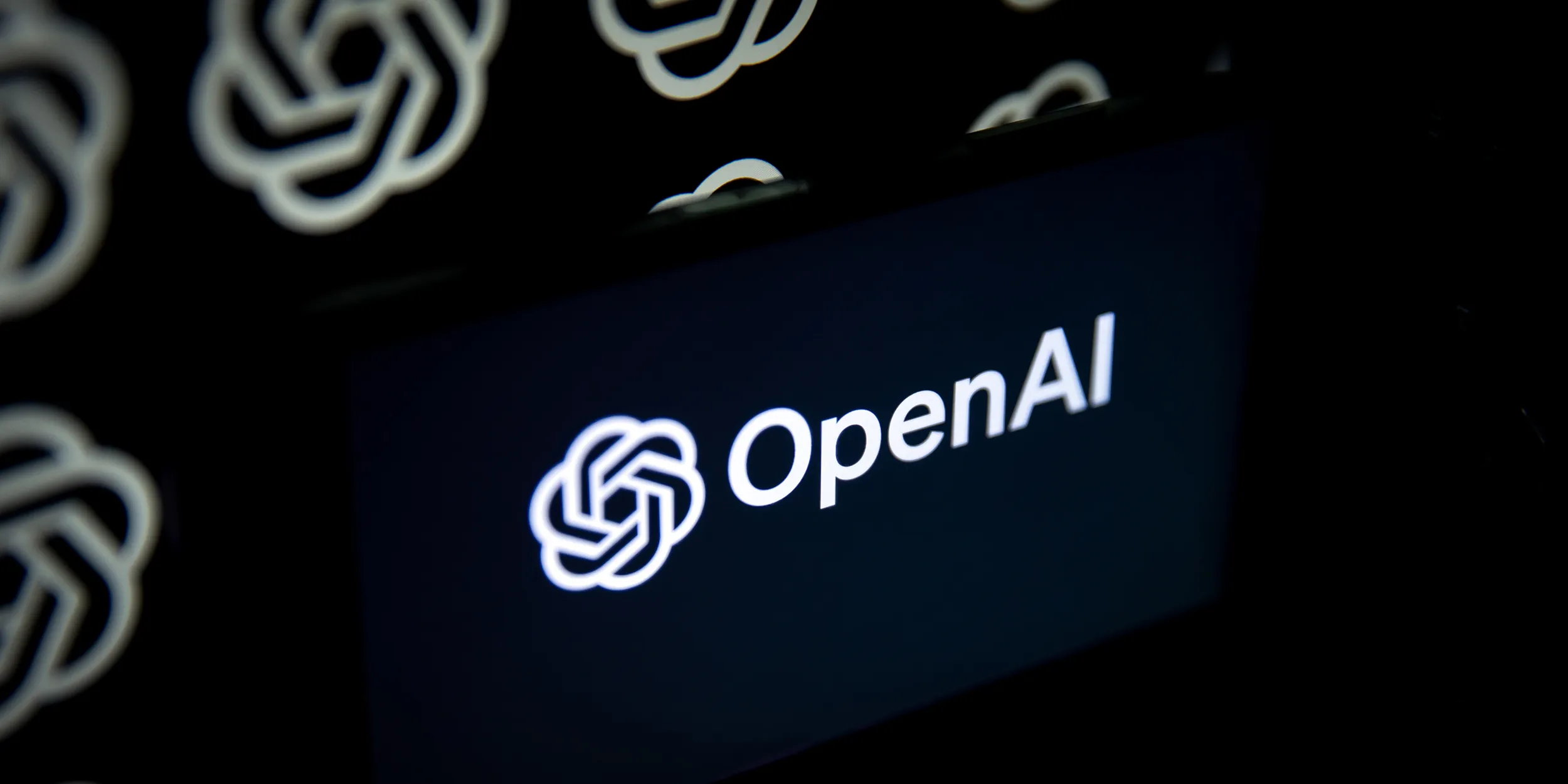OpenAI, a trailblazer in artificial intelligence, has recently adjusted its usage policy, sparking conversations and concerns about the involvement of AI in military and warfare applications. The modifications, made public on January 10, have removed the explicit prohibition on using OpenAI’s technology for “military and warfare” purposes, a decision that has triggered discussions about the ethical implications of AI in national security. Here’s what we know so far.

OpenAI’s original usage policy included a comprehensive ban on activities with a “high risk of physical harm,” explicitly mentioning “weapons development” and “military and warfare.” However, the revised policy, while still emphasizing that the technology should not be used to “harm yourself or others,” has dropped the specific ban on military applications. Interestingly, the company continues to prohibit the use of its technology for “weapons development.”
In response to queries about the policy changes, OpenAI clarified that its intention remains centered on preventing harm and that the modifications were aimed at providing clearer guidelines. OpenAI asserted that their tools are not permitted for use in activities causing harm, developing weapons, engaging in communications surveillance, or causing injury or property damage.
However, they acknowledged that there are national security use cases that align with their mission, citing collaboration with DARPA to enhance cybersecurity tools for critical infrastructure and industry-dependent open-source software.
The adjustment to the policy, specifically the removal of the ban on “military and warfare” applications, has prompted scrutiny and raised questions about the potential consequences. The concerns echo border apprehensions about the role of AI in warfare, an issue that has gained prominence with the advent of advanced AI technologies like OpenAI’s ChatGPT and Google’s Bard.
Notably, the ethical implications of AI in military contexts have been a subject of ongoing debate. The comparison between AI systems and historical transformative technologies, such as nuclear weapons, has been made by influential figures like former Google CEO Eric Schmidt. Drawing parallels, Schmidt highlighted the potential impact of AI-powered autonomy and decentralized systems, emphasizing the need for careful consideration and ethical frameworks.
Discussions around responsible AI use, especially in fields like national security, become increasingly vital. OpenAI’s policy adjustments reflect an effort to navigate the complexities of AI in military contexts while emphasizing the importance of clarity and ongoing discussions to ensure responsible deployment aligned with broader societal goals.
OpenAI’s recent policy shift regarding the use of its AI technology for military and warfare purposes has sparked ethical debates. Critics argue that allowing AI tools for military applications raises concerns about the potential misuse and unintended consequences in armed conflicts. The company’s emphasis on national security use cases has ignited discussions on the ethical boundaries of AI in warfare. As technology advances, finding a balance between innovation and ethical considerations remains a crucial challenge for organizations like OpenAI.
Also Read : Rabbit R1 vs. Humane AI Pin: Which Device Will Become the iPhone of AI?
To Get more such updates and crucial information stay in touch with The Digital Today.


[…] released, provides a sneak peek into a love story that takes an unexpected turn into the world of artificial intelligence. Shahid Kapoor’s character finds himself entangled in a romance with Kriti Sanon’s […]
[…] AI in Warfare! The policy change, especially lifting the restriction on "military and warfare" applications, is under scrutiny, sparking questions about its potential repercussions. […]